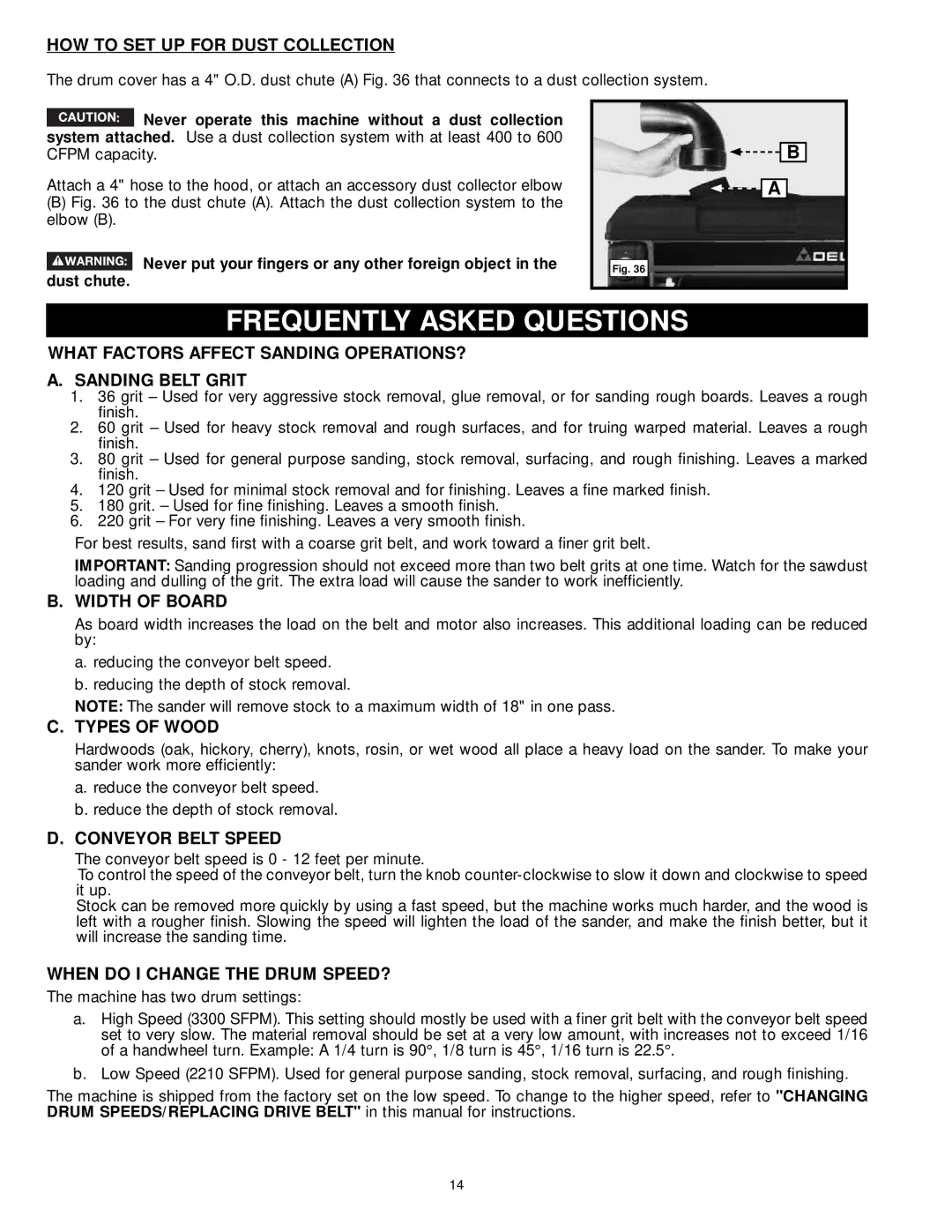31-260X specifications
The DeWalt 31-260X is a powerful and versatile cordless drill that stands out in the competitive world of power tools. With its combination of robust performance, advanced features, and user-friendly design, it has become a favorite among both professionals and DIY enthusiasts alike.One of the main features of the DeWalt 31-260X is its high-performance motor, which delivers impressive torque and speed to tackle a variety of materials and applications. The drill operates at multiple speed settings, allowing users to adjust the RPM according to their specific project needs. This feature is particularly useful when working with different materials, such as wood, metal, or plastic, ensuring optimal results with minimal effort.
The 31-260X also boasts a compact and lightweight design, making it easy to maneuver in tight spaces and reducing user fatigue during extended use. The ergonomic grip is designed for comfort and control, providing a secure hold that enhances precision during drilling and driving tasks.
In terms of battery technology, the DeWalt 31-260X is equipped with the brand's state-of-the-art lithium-ion batteries, which deliver extended run times and shorter charge times. This ensures that users can work for longer periods without interruptions, and when it is time to recharge, the batteries are ready to go in no time. Additionally, the drill features an integrated battery level indicator, allowing users to monitor the remaining power at a glance.
Another standout characteristic of the DeWalt 31-260X is its durable construction. Built to withstand the rigors of job site conditions, the drill features a rugged housing that protects internal components from dust and debris. This durability enhances its lifespan, making it a smart investment for those who rely on their tools day in and day out.
To further enhance its versatility, the 31-260X is compatible with a wide range of accessories, including drill bits and driving attachments, catering to various tasks with ease. With a quick-release chuck, users can effortlessly switch between different bits, maximizing productivity on the job.
In summary, the DeWalt 31-260X is a standout cordless drill that combines power, efficiency, and durability. Its impressive motor performance, user-friendly design, and advanced battery technology make it an invaluable tool for anyone looking to complete projects with precision and ease. Whether for professional use or home improvement tasks, the DeWalt 31-260X is a reliable choice that won’t disappoint.

